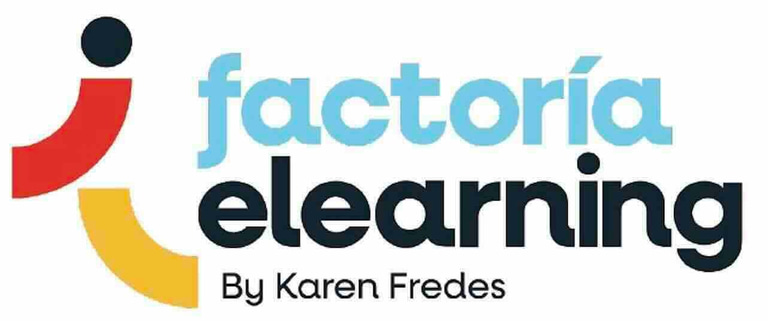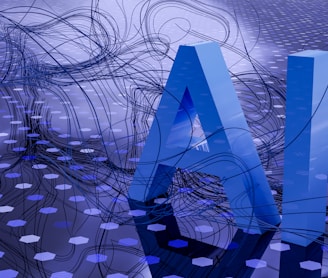Artificial Intelligence (AI) has revolutionized various fields of study and application in recent years, and its impact on the training of professionals from different areas has not gone unnoticed. AI's ability to process large amounts of information and learn autonomously has opened up new possibilities in the realm of self-directed learning.
One of the advantages of using artificial intelligence as a self-training tool lies in its ability to adapt to the needs and learning pace of each individual. AI platforms allow for personalized study content, providing a unique learning experience to each user.
There are various AI tools that can be used to support the self-training of professionals. Among them is Duolingo, a language learning application that uses AI algorithms to tailor lessons to the needs and skills of each student. Another example is Coursera, a platform that offers online courses in various areas and uses AI to recommend relevant content based on the interests and goals of each user.
The use of artificial intelligence as a self-training tool is a trend that will continue to grow in the coming years. Access to updated and personalized information, combined with flexibility in terms of time and location of study, makes AI an indispensable ally for professional development in different areas.
In summary, the assessment of artificial intelligence as a self-training tool for professionals is undeniably positive. The adaptability and personalization capabilities, as well as access to relevant content, make AI a highly beneficial and promising resource for the continuous development of professionals seeking constant updating and improvement.




